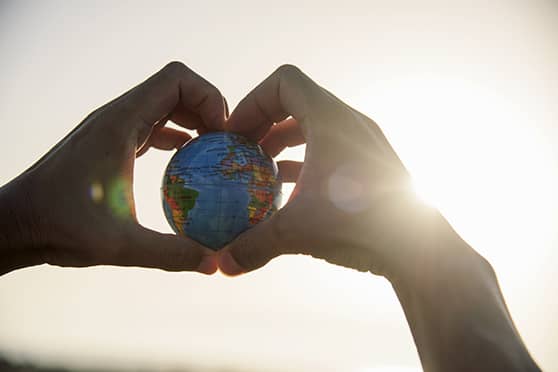The US and China announced a joint agreement on Wednesday to “enhance ambition” on climate change, saying they would work together to do more to cut emissions this decade while China committed for the first time to reduce methane, a potent greenhouse gas.
The pact between the world’s two biggest polluters came as a surprise to the thousands of attendees gathered here for a UN climate summit. China and the US, rivals that face growing tensions over trade, human rights and other issues, spoke as allies in the fight to keep global warming to relatively safe levels.
“We both see the challenge of climate change is existential and a severe one,” said Xie Zhenhua, China’s climate change envoy.
“As two major powers in the world, China and the US, we need to take our due responsibility and work together and work with others in the spirit of cooperation to address climate change.”
John Kerry, the US special envoy for climate, followed the remarks from Xie with an assessment of his own. “The US and China have no shortage of differences,” said Kerry, a former secretary of state with a long history of negotiating with the Chinese. But on climate, cooperation is the only way to get this job done.”
Still, the joint agreement was short on specifics. It did not extract a new timetable from China under which the country would ratchet down emissions, nor did China set a ceiling for how high its carbon dioxide and other greenhouse gases would reach before they started to fall. China agreed to “phase down” coal, the dirtiest fossil fuel, starting in 2026, but did not specify by how much or over what period of time.
The announcement from China and the US came on the same day that summit organisers issued an initial draft of a new global agreement to fight climate change that called on countries to “revisit and strengthen” by the end of 2022 plans for cutting greenhouse gas emissions and to “accelerate the phasing-out of coal and subsidies for fossil fuels”.
The language on coal and government fossil fuel subsidies would be a first for a UN climate agreement if it stays in the final version.
New York Times News Service











